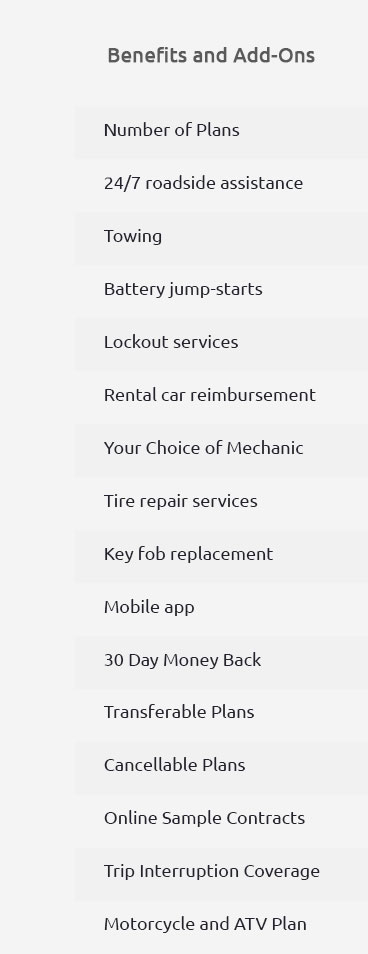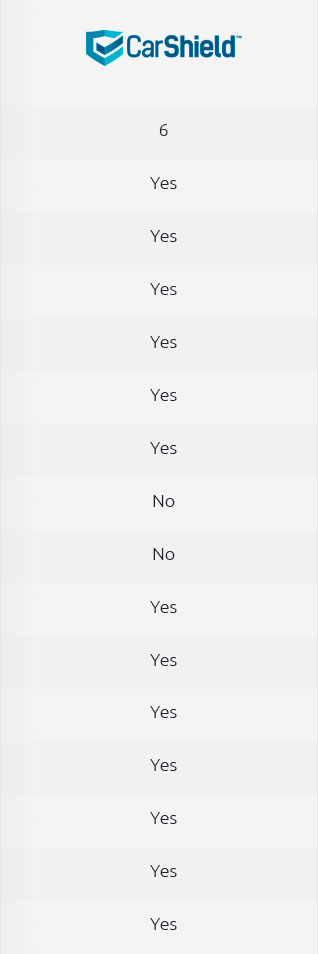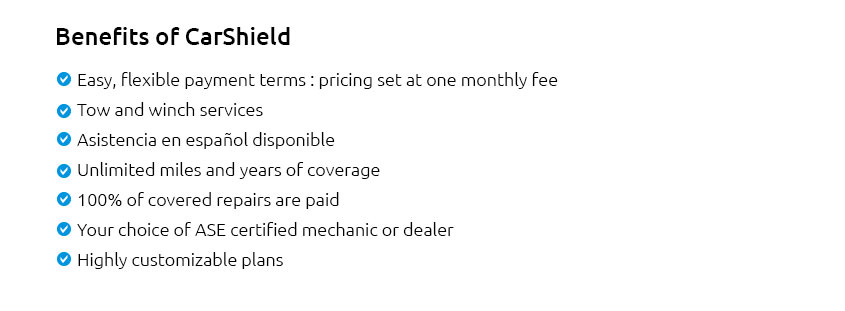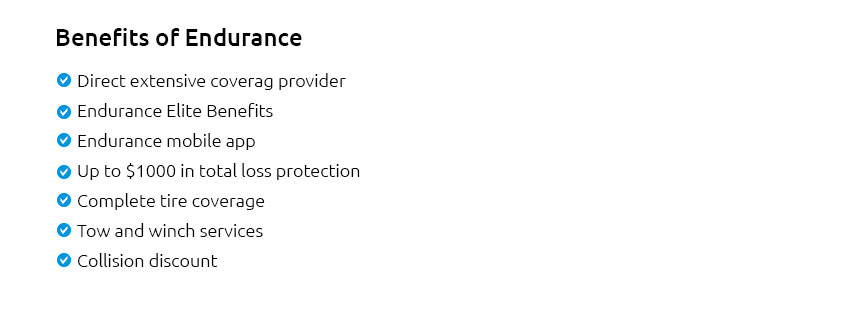 |
 |
 |
Select your vehicle to see available coverage options:
 |
 |
|||
 |
|||
 |
 |
 |
|
 |
|||
 |
|
 |
|
 |
|
 |
|
 |
|
 |
|
 |
|
 |
|

Best Auto Warranty Coverage: Comprehensive Guide for U.S. ConsumersWhen it comes to protecting your vehicle and managing repair costs, understanding the best auto warranty coverage is crucial. For U.S. consumers, exploring vehicle protection options can provide peace of mind and significant cost savings. In this guide, we'll delve into what makes an auto warranty the best, covering the essentials of what’s included and how it benefits you. Understanding Auto WarrantiesAn auto warranty is a promise from the manufacturer or warranty provider to handle certain repairs and replacements of vehicle components for a specified period or mileage. This means less stress for you when unexpected breakdowns occur. Types of Auto Warranties
For more detailed comparisons, check out our best vehicle warranty page. Benefits of the Best Auto Warranty CoverageHaving the right coverage can save you thousands in repair costs. It’s not just about saving money; it’s about ensuring your vehicle is serviced promptly and by qualified technicians. Here's why it matters:
What’s Covered in the Best Auto WarrantiesCoverage can vary widely, but the best warranties generally include:
In California, for instance, having a robust california car warranty is especially beneficial due to the diverse driving conditions across the state. FAQs About Auto Warranty CoverageWhat is typically not covered in an auto warranty?Generally, auto warranties do not cover routine maintenance like oil changes, tire replacements, or brake pads. Cosmetic damages and wear-and-tear items are also usually excluded. How do I know if I need an extended warranty?Consider an extended warranty if you plan to keep your vehicle beyond the original warranty period and want to protect against high repair costs. It's also worth it if your car's reliability is uncertain. Can I transfer my auto warranty if I sell my car?Yes, most warranties are transferable, which can increase the resale value of your vehicle. Check the terms to ensure transferability conditions are met. Ultimately, choosing the best auto warranty coverage involves evaluating your specific needs and the coverage options available. By understanding the different types of warranties and their benefits, U.S. consumers can make informed decisions that provide long-term vehicle protection and financial security. https://www.totalautoprotect.com/state/tennessee
Best Auto Warranty In Tennessee. Tennessee Is Covered Read below about our Best Auto Warranty Coverage in Tennessee. Extend The Life Of Your Vehicle! Total ... https://cars.usnews.com/cars-trucks/advice/extended-car-warranty
Some of the largest car warranty providers are CarShield, Autopom!, Protect my Car, Infinite Auto Protection, Carchex and Endurance. You can also purchase ... https://www.youtube.com/watch?v=ZM7lnikTkVY
Welcome to @BuckleysAutoCare Many of you have been asking "What's the best company out there for car warranties. Well, there is one in ...
|